News
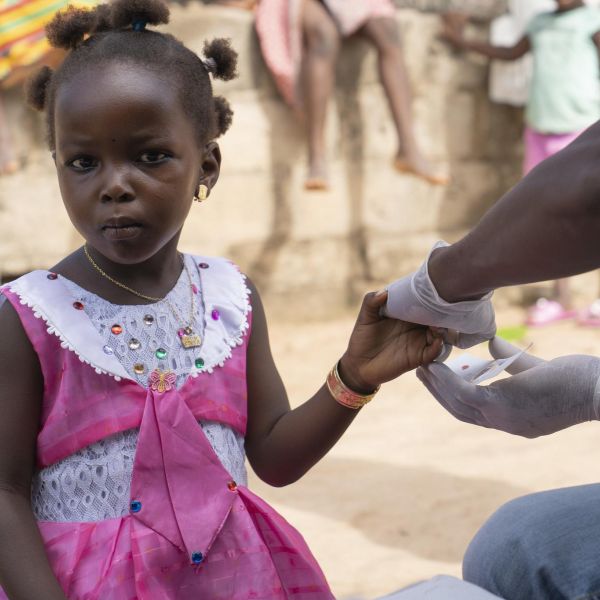
Aug 29, 2022
Partner-drug resistance accelerates resistance of first-line malaria drug
A new research collaboration between Penn State, Oxford, and Imperial College London demonstrates that resistance to partner drugs facilitates resistance evolution to artemisinin, the world’s most important first-line drug for the treatment of malaria.
Full Article
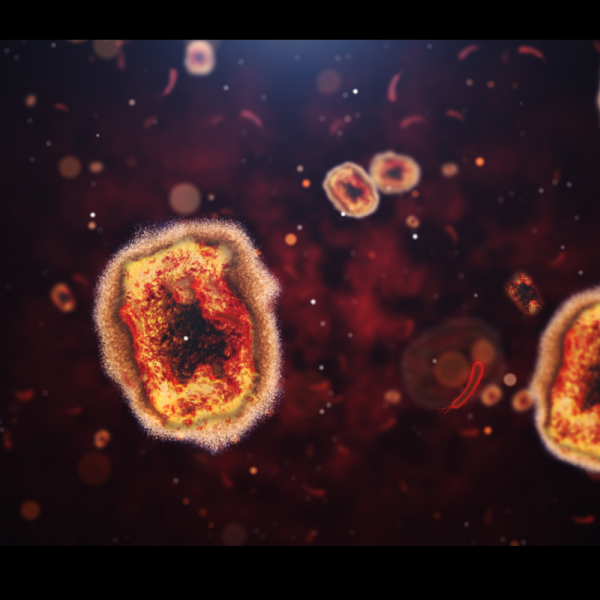
Aug 24, 2022
What do I need to know about monkeypox now?
More than 10,000 cases of monkeypox have been reported in the United States since May, triggering the U.S. Department of Health and Human Services to declare the outbreak a public-health emergency.
Full Article
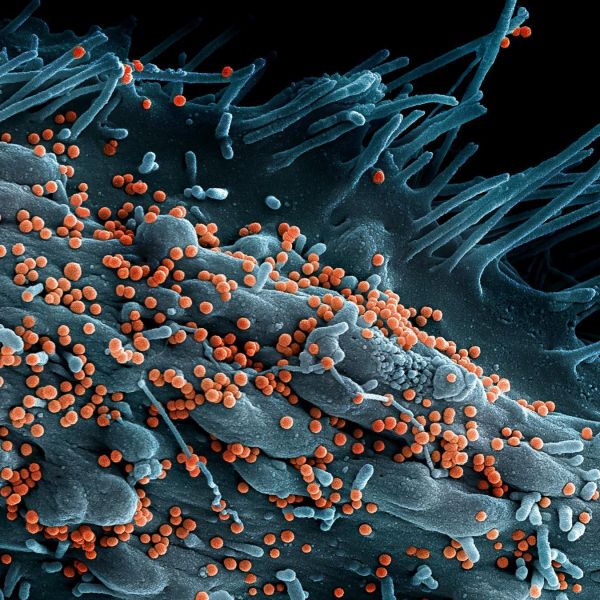
Aug 17, 2022
Penn State research team will study Lassa virus spread in Nigeria
A team of researchers led by Penn State has been awarded $4 million from the National Science Foundation to investigate the elements that lead to the spread of Lassa virus from rodents to humans in Nigeria.
Full Article
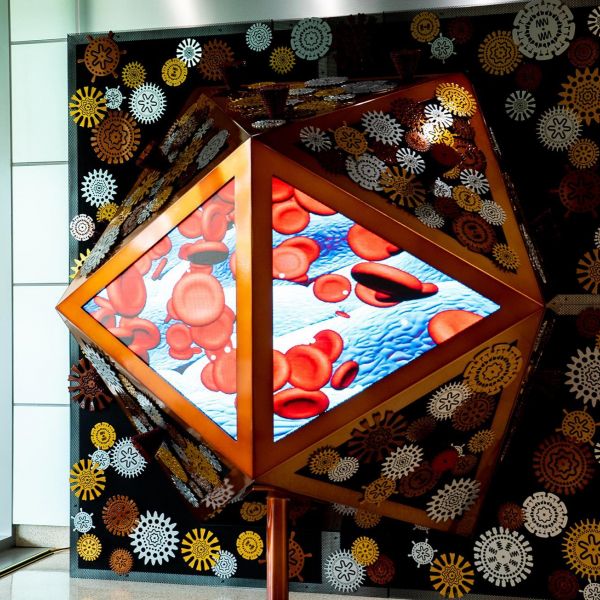
Aug 04, 2022
New SciArt installation reflects on viruses in our everyday lives
"The BioMachine," a new art installation designed and fabricated by the SciArt team at the Huck Institutes of the Life Sciences at Penn State, offers an interactive exploration of the viruses — like those which cause COVID-19 — that permeate our world.
Full Article
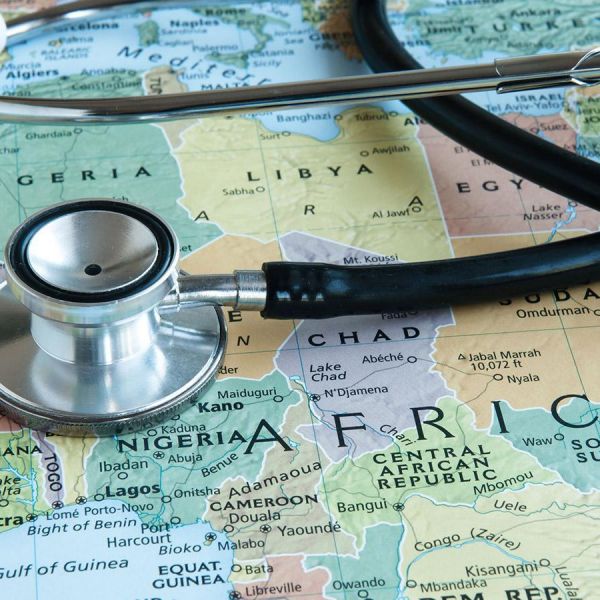
Jun 14, 2022
Study predicts cancer cases, deaths in Africa could double by 2040
Cancer cases and deaths are expected to double in Africa during the next two decades, according to findings from a new study by Penn State College of Medicine researchers. The study also reveals that the region lacks sufficient health care resources and infrastructure to handle the growing cancer burden.
Full Article
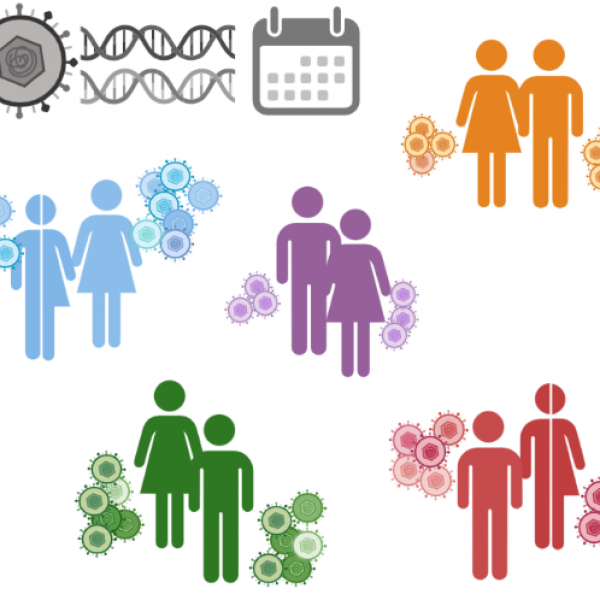
May 25, 2022
Does herpes simplex virus change during transmission?
A new study helps explain how the virus that causes herpes might change during transmission between partners and over time during a long-term infection within a human host, which could have implications for future treatment strategies. The study, by a team of researchers from Penn State and the University of Washington, is the first to track genetic differences of the herpes simplex virus (HSV-1) as it moves between adult sexual transmission partners.
Full Article
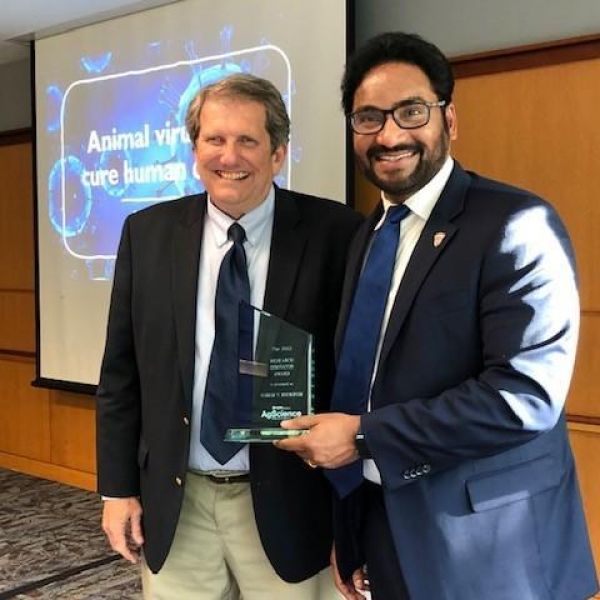
May 24, 2022
Kuchipudi receives College of Ag Sciences award for research innovation
Suresh Kuchipudi, Dorothy Foehr Huck and J. Lloyd Huck Chair in Emerging Infectious Diseases, is the 2022 recipient of the Research Innovator of the Year Award, given by Penn State’s College of Agricultural Sciences to recognize faculty and staff who have made notable efforts to commercialize their Penn State research.
Full Article
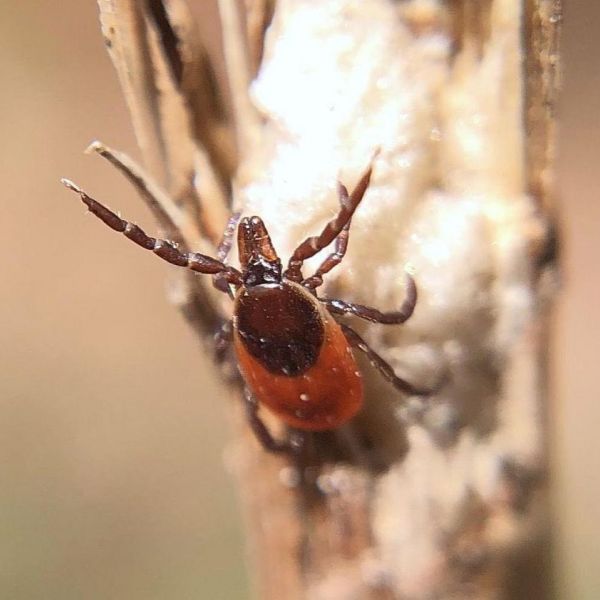
May 04, 2022
It's tick season: Learn to protect yourself and your animals with free webinars
To educate the public about tick risk and tick bite prevention in these companion animals, Penn State Extension will offer the spring 2022 “Tick Webinar Series.” The vector-borne disease extension team will hold three webinars in May — Lyme Disease Awareness Month — at no cost to participants.
Full Article
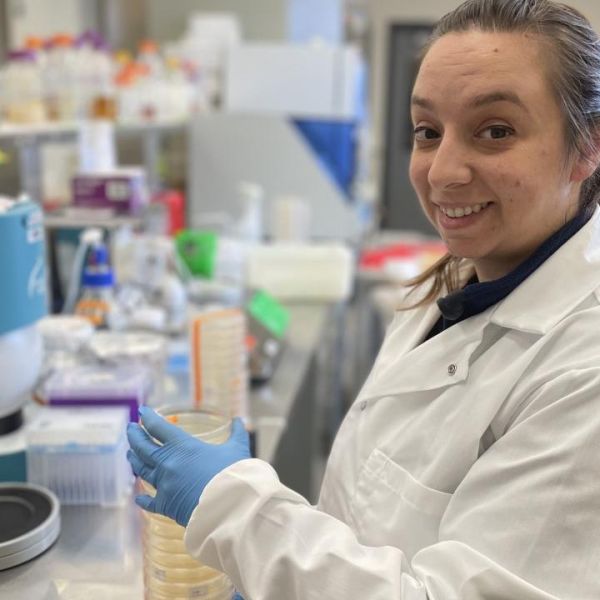
May 12, 2022
Microbiologists get grant to study biofilms guarding foodborne pathogen Listeria
Microbiologists in Penn State’s College of Agricultural Sciences have received a $605,000 grant from the U.S. Department of Agriculture to study how microbial biofilms protect Listeria monocytogenes, the bacterium that causes the deadly foodborne illness listeriosis.
Full Article
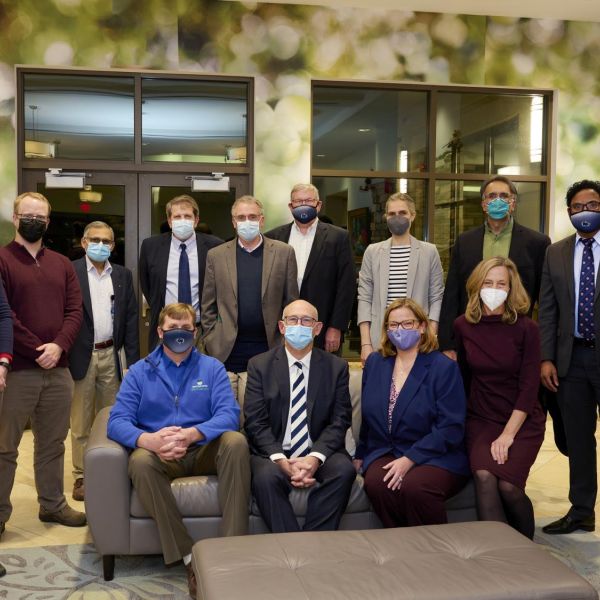
Apr 11, 2022
Preventing, controlling spread of animal diseases focus of forum at Penn State
Exploring the emergence, spread and control of animal infectious diseases was the focus of the inaugural Emerging Animal Infectious Disease Conference held Nov. 29-Dec.1, 2021, at Penn State. It was hosted by the College of Agricultural Sciences, the Pennsylvania Department of Agriculture, and Penn State’s Center for Security Research and Education.
Full Article